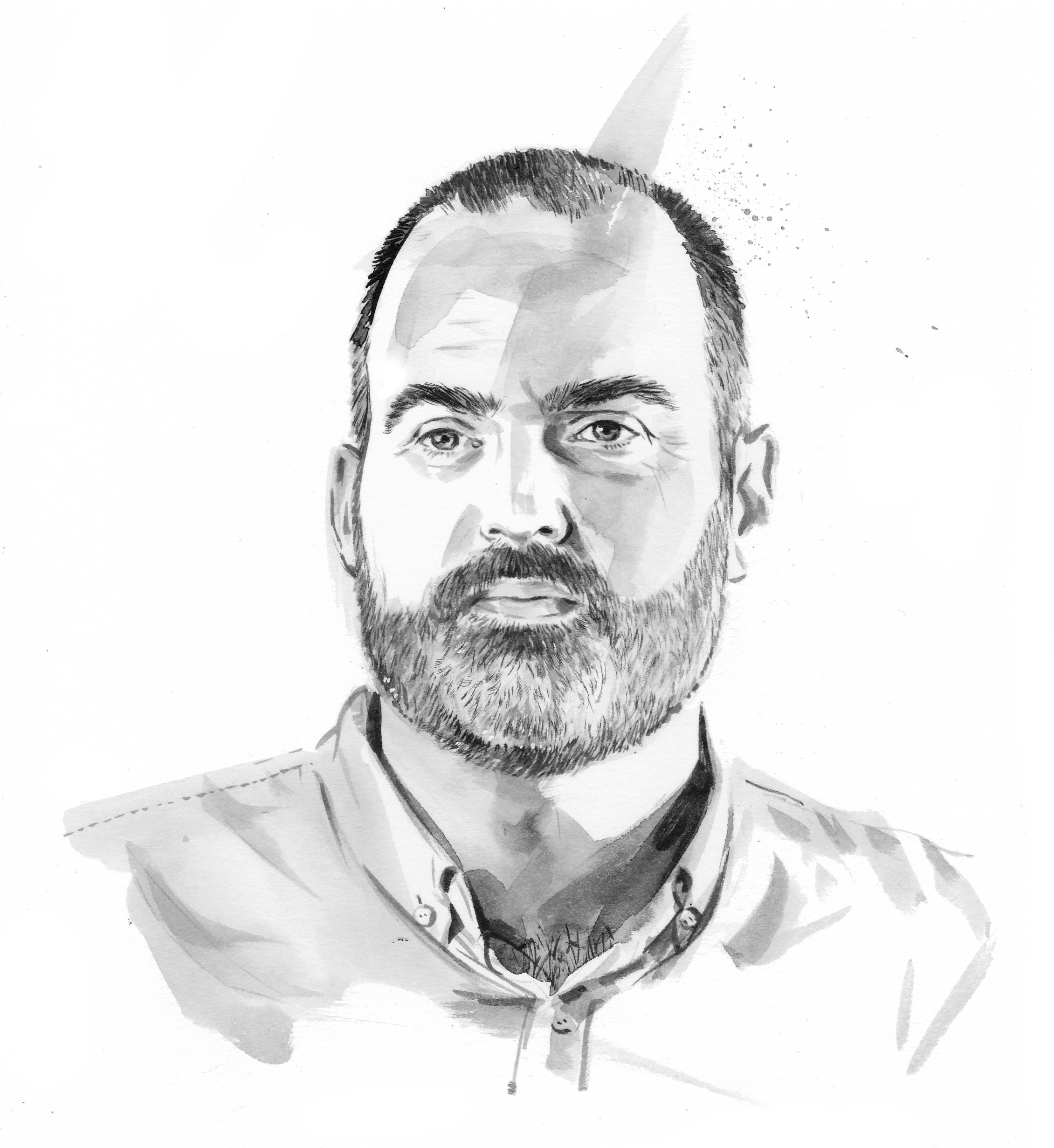In a grainy black and white video from the 1960s, a young teacher is reading to a group of four-year-olds in a classroom in Kansas, USA. She smiles and reads responsively with these children in a scenario familiar to us all.
Fast forward over three decades and that teacher, Betty Hart, would become nationally famous for her part in a research study, carried out with her colleague, Todd Risley.
Their 1992 study American parenting of language-learning children: persisting differences in family-child interactions observed in natural home environments found a huge difference in the number of words that children hear before they go to school - they claimed that some heard up to 30 million words more than their peers.
Not only did this study popularise the idea of the “word gap”, it also opened the doors for further research into the connection between a child’s early language environment, their language development and their subsequent likely school success.
Yet Hart and Risley’s work also sparked disagreements that continue to this day.
More by Alex Quigley:
Indeed, in their 1995 book Meaningful Differences in the Everyday Experience of Young American Children, the researchers themselves caution against extrapolating their findings and call for further research.
The limitations of their initial study are clear: they had limited recording capabilities, so created a sample of 30 one-hour recordings and extrapolated findings from that. Their sample of just 42 children was also very small, so it can’t be claimed to represent the entire population.
Education research and the ‘word gap’
People have rightly questioned the make-up of the sample of families observed: the professional families selected were predominantly white, while the “working-class group” was majority black.
There has also been no exact replication of the study. One reason for this is that both technology and our understanding of early language and vocabulary development have greatly improved in the years since.
For example, in 2017 Jill Gilkerson and colleagues used more advanced recording equipment to show significant differences in early language exposure - though not as great as 30 million words.
Other researchers have also shown the importance of early vocabulary (here, here and here). Each study advances our understanding, from the importance of vocabulary quantity to the related, and reciprocal, importance of the quality of language and vocabulary in use, along with the importance of turn-taking and the value of affirmative feedback for children.
In recent studies in the UK, such as the Millennium Cohort Study, researchers have also been exploring the role of reading in vocabulary development, and the educational background of parents.
What is widely accepted, and researched, is the importance of early vocabulary exposure, and the central role of academic language in the classroom.
Though many of these insights appear widely accepted now, when Betty Hart sat on the mat in her 1960s’ classroom, they were not well known or understood.
So, what have we learned from Hart? We have learned that early language exposure matters. Generations of meaningful research into how best to support language development have been undertaken.
And yet, like with most seminal studies, her work has initiated further research that has exposed the limitations of the original.
Should we ignore her research on “meaningful differences” then? No. We should continue to debate these issues, but root those discussions in good-quality evidence. We should cite Hart’s work and then explore its limitations. We should be evidence-informed and wary of social biases.
Most of all, we should concentrate on supporting children and their early language development, just as Betty Hart does in that black and white video, filmed in a school in Kansas, all those years ago.
Alex Quigley is the national content manager at the Education Endowment Foundation. He is a former teacher and the author of Closing the Reading Gap, published by Routledge





